Update
This event has concluded.
Checkout a short summary of the event below and checkout the livestream on YouTube: https://www.youtube.com/watch?v=LyOsXs7QORs
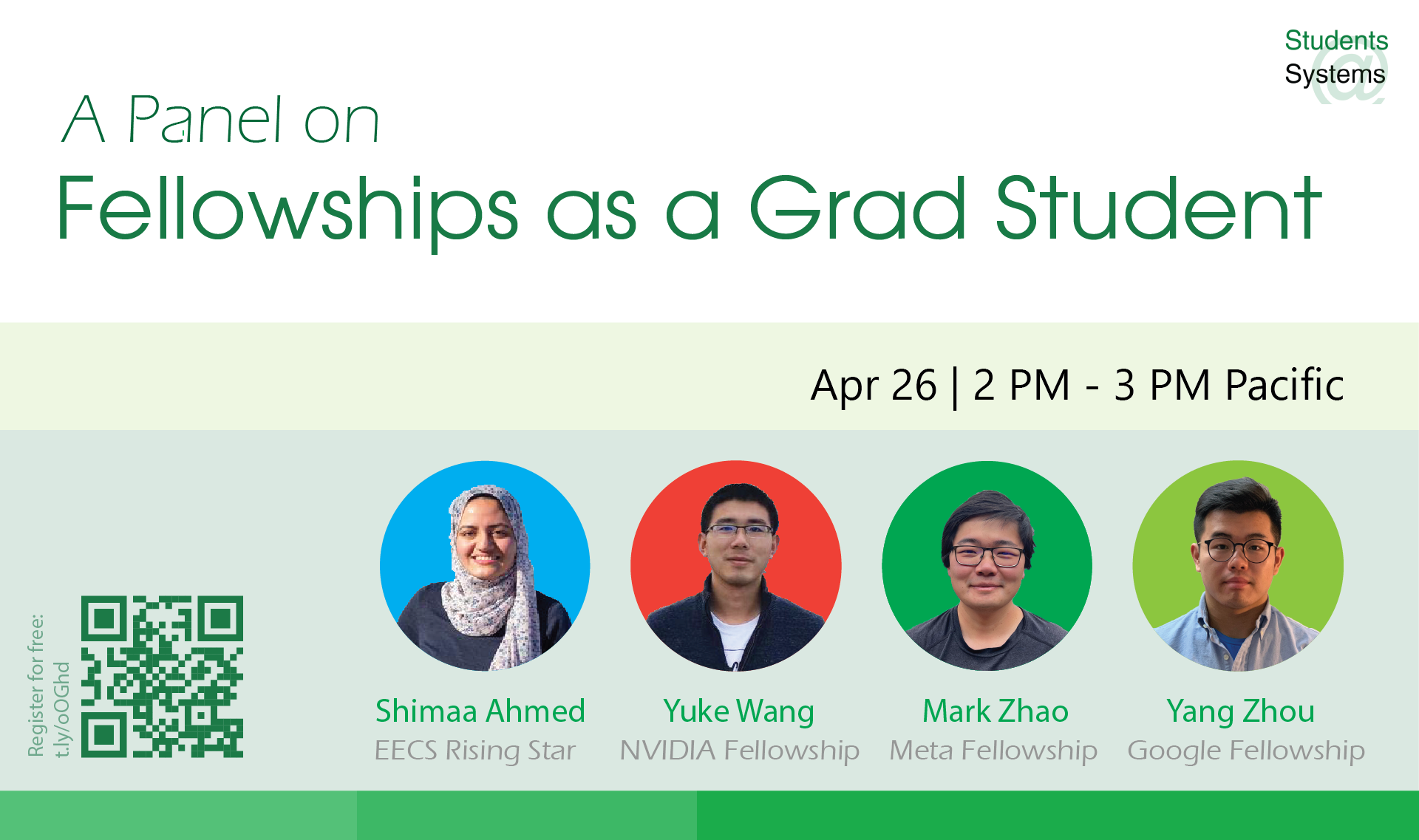
Event Summary
Updated July 3, 2024
Our very own Yuhong, a PhD student at Columbia University, led the discussion. He and the panelists talked about how important fellowships are for boosting your profile and easing the financial burden on advisors.
Meet the Panelists
We had four speakers with us:
- Shimaa: Now a research scientist at Visa, she recently graduated from the University of Wisconsin-Madison, where she studied security, privacy, and trustworthy AI.
- Yuke: A final-year PhD student at UCSB, working on systems and compiler optimization for deep learning.
- Mark: A PhD student at Stanford, focused on improving the performance and security of data center applications.
- Yang: A final-year PhD student at Harvard, interested in networking, operating systems, and distributed systems.
Writing a Great Research Statement
One key topic was how to write a strong research statement. Here’s are key takeaways from the panel:
- Background: Explain the context and why your work is important.
- Goals and Problems: Outline what you want to achieve and the challenges you are addressing.
- Major Projects: Describe your significant research projects.
- Conclusion and Future Work: Summarize your work and discuss what you plan to do next.
Mark emphasized the need to align your research with what the sponsor values. Understanding what they are looking for and tailoring your proposal to meet those needs can make a big difference.
The Importance of Collaboration
Working with industry partners can give you valuable insights and strengthen your application. Yang shared his experience collaborating with Google on a project about fault tolerance in data centers. Such partnerships not only enhance your research but also show its relevance and potential impact.
Balancing Past and Future Research
The panelists talked about the need to balance showcasing your past achievements and outlining your future plans. Shimaa suggested that while it’s important to highlight your past work, linking it to your future research can make your proposal more compelling.
Highlighting Key Insights
When describing your research projects, focus on what makes your work unique. Yuke advised highlighting key insights and comparing them to existing work. If your project has practical applications or has been adopted, be sure to mention it. Keep your descriptions concise and impactful.
Creating a Cohesive Story
Another key point was the importance of having a cohesive story. Even if your projects cover different areas, tying them together under a common theme or problem can strengthen your application. Yang suggested using keywords like performance and security to link various aspects of his research.
Practical Tips for Applicants
- Know the Sponsor’s Focus: Research what the sponsor values and align your proposal with their goals.
- Leverage Collaborations: Work with industry partners to gain insights and strengthen your application.
- Be Strategic: Balance your past achievements with future plans, and be strategic about the research directions you highlight.
- Tell a Story: Create a cohesive narrative that ties your projects together and shows how they contribute to a larger vision.
Final Thoughts
Getting a PhD fellowship or Rising Star Award is tough, but with the right approach, it’s possible. The insights from the panel offer a helpful guide for aspiring applicants. Whether you’re just starting your PhD or are well into it, these tips can help you navigate the application process with confidence.
Remember, your research statement is more than just a document. It’s a reflection of your journey, your goals, and your vision for the future. Write it carefully and let your passion shine through. Good luck!
A Panel on Fellowships
Updated April 26, 2024
We are organizing a panel to help graduate students in Computer Science and related fields with Fellowships. The panelists will include people who have won various fellowships in the past.
The panel will be a one-hour live session with pre-sourced questions and live discussion. All students interested in getting a fellowship are invited to join and ask questions!
- When:
- Where:
- Subscribe for future events
Research Statements
Our panelists have graciously provided research statements they used for their applications!
Panelists
(Ordered by last name)
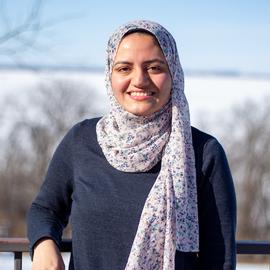 Shimaa Ahmed | Researcher at Visa Research
Shimaa Ahmed | Researcher at Visa ResearchShimaa's research experience includes work on speech-related machine learning models such as speech recognition, keyword spotting, voice cloning, and speaker identification, and generative AI for image generation and manipulation for face recognition applications, and LLMs governance. I also have experience on privacy-preserving techniques such as differential privacy and training on private data.
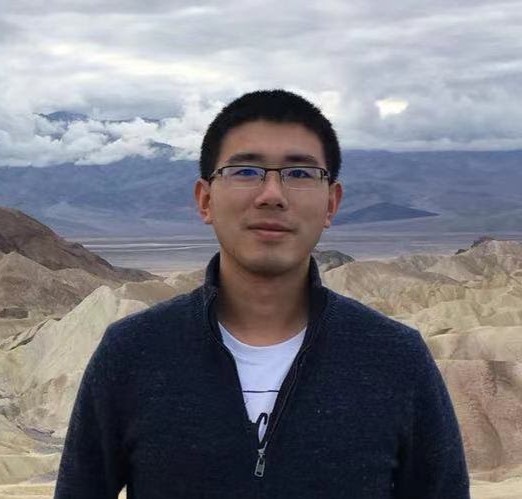 Yuke Wang | PhD Student at UC Santa Barbara
Yuke Wang | PhD Student at UC Santa BarbaraYuke Wang is a final-year Doctor of Philosophy (Ph.D.) candidate in the Department of computer science at the University of California, Santa Barbara (UCSB). He got his Bachelor of Engineering (B.E.) in software engineering from the University of Electronic Science and Technology of China (UESTC) in 2018.
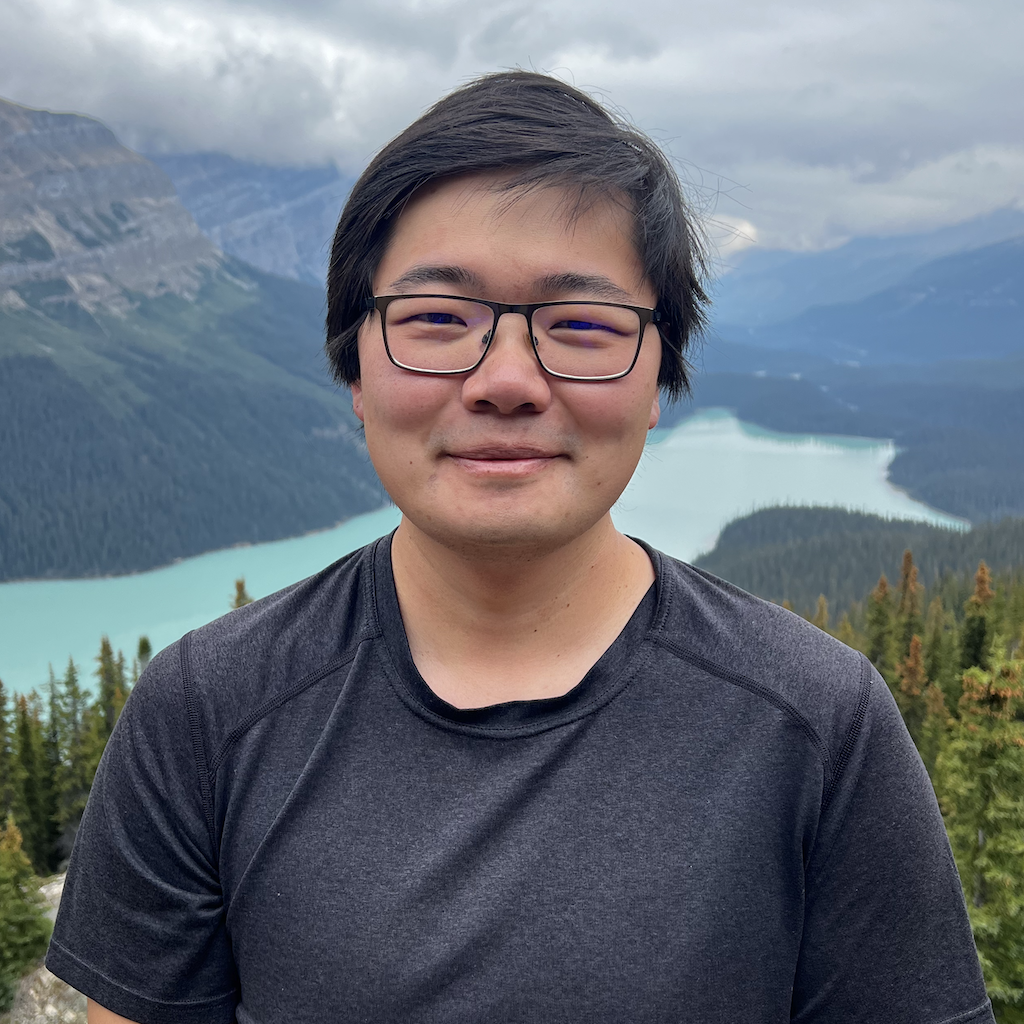 Mark Zhao | Ph.D. Candidate at Stanford University
Mark Zhao | Ph.D. Candidate at Stanford UniversityMark Zhao's research centers around designing systems to improve the scalability, performance, and security of datacenter-scale applications such as machine learning. He is currently building systems that enable large-scale machine learning training and serving pipelines.
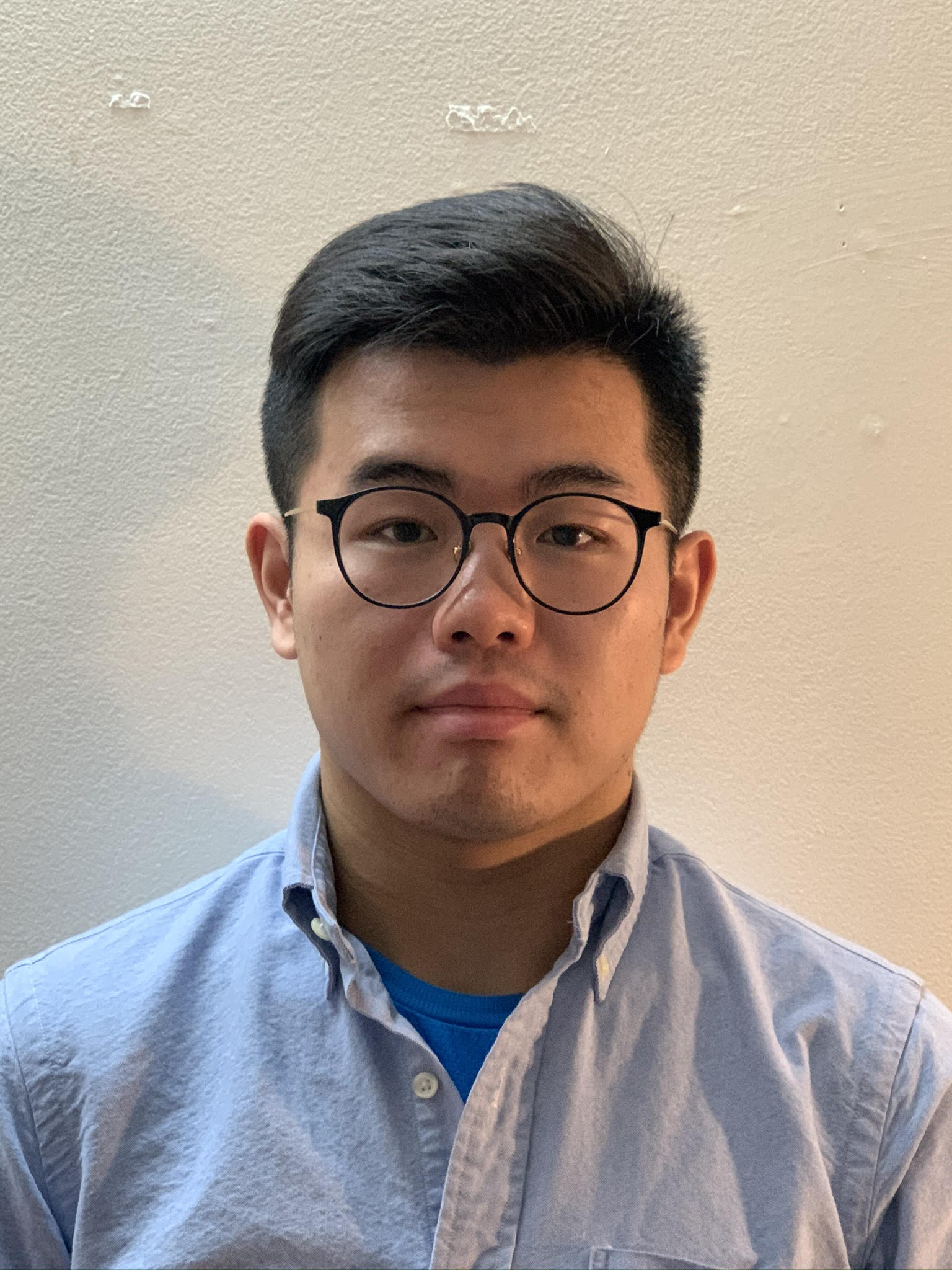 Yang Zhou | PhD Student at Harvard
Yang Zhou | PhD Student at HarvardYang Zhou is a final-year Ph.D. candidate in Computer Science at Harvard University, advised by Prof. Minlan Yu and Prof. James Mickens. He received a B.S. in Computer Science at Peking University in 2018, working with Prof. Tong Yang on probabilistic data structures for network telemetry. He is supported by a Google PhD Fellowship in Systems and Networking.

